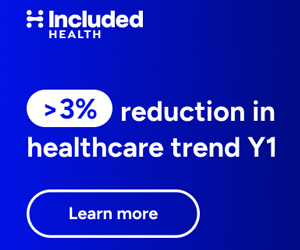John McCain would reform the American health care system by providing big tax incentives for it to transition from being employer-based to one built on a system of individual responsibility. He would do this by eliminating the longtime personal tax exemption on employer-provided health insurance and replacing it with a $2,500 individual, and $5,000 family, tax credit for those who have health insurance.
It’s too bad this idea will likely recede from the national health policy debate whether John McCain wins or loses the presidency. Even if he wins, the Democratic majorities in Congress will be so large there is little chance we will be able to move away from the traditional employer health insurance base in the next few years. All you have to do is look at the way Obama and all of the Democratic candidates for the Senate and House have railed against McCain’s plans to "tax your health benefits" to see how Democrats have willingly painted themselves into a political corner that makes this idea a non-starter in the new Congress.
As I have said before on this blog, I have been largely disappointed in the McCain health plan. He started out with a bold new approach but never closed the loop on so many key elements in his plan. For example, he leaves those with pre-existing conditions to the fate of state-based risk pools–a place no one would ever vote themselves into.














